Botanical name
Emblica Officinalis
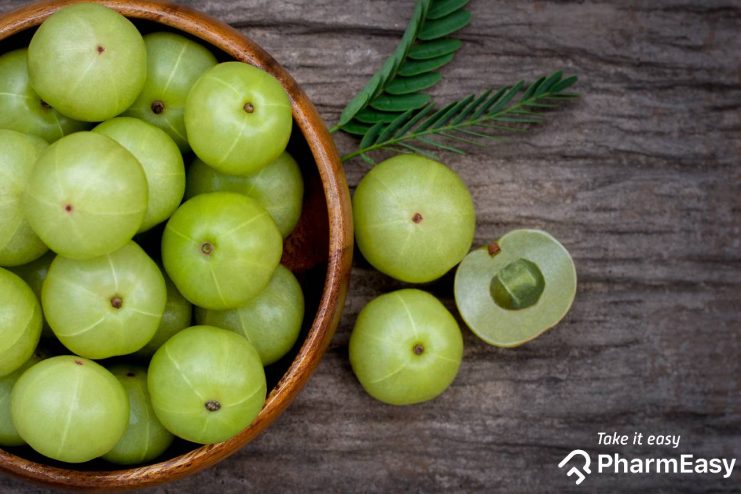
Amla is generally known as an Indian Gooseberry. The berries of the trees are potently used for medicinal formulations due to their healing properties. Amla tree contains small berries that are round and yellowish-green in colour. Due to its several health benefits, it should be referred to as a superfood. In ancient Ayurveda, the Amla is known by a different name such as sour, nurse, immortality, and mother.
One unique taste characteristic of Amla is full of five different tastes like pungent, astringent, sweet, bitter, sour, and other than this; it helps in keeping better health of mind and body. This is the reason it is known as a divine medicine ”Divyaushada.” Amla in Sanskrit is known as Amalaki, which means nectar of life. In this blog we will learn about Amla benefits, uses of Amla and more on Amla or Nellikai in English.
Did You Know
- Gooseberries are small deciduous shrubs native to Canada. [source: gov.mb.ca]
- Gooseberries are low in calories and fat. source: USDA
- Gooseberries are very hardy and can withstand temperatures as low as -22°F (-30°C). [source: gov.mb.ca]
- Gooseberries can remain on the plant for up to 7 days without problems when ripe. [source: gov.mb.ca]
Table of Contents
Chemical composition of Amla
Amla fruit is a rich source of ascorbic acid (vitamin C), carotene. It contains different polyphenols such as ellagic acid, gallic acid, apigenin, quercetin, luteolin, and corilagin. The approximate proximate composition of Amla is given in the below table.
| Component | Content (per 100 g) |
| Carbohydrate | 10 g |
| Protein | 0.80 g |
| Fat | 0.50 g |
| Total calories | 44 Kcal |
| Fiber | 4.3 g |
| Magnesium | 10 mg |
| Calcium | 25 mg |
| Iron | 0.31 mg |
| Potassium | 198 mg |
| Zinc | 0.12 mg |
Other Names for Amla
- In Sanskrit, it is known as Amalki, Shriphala, Sheetaphala, Dhatri, Tishyaphala.
- In Hindi, it is known as Amla.
- In Marathi, it is known as Avala.
- Amla in English is known as Indian Gooseberry.
- In Kannada, it is known as Nelli.
- In Tamil, it is known as Nellikai.
- In Telugu, it is known as Usheeri kaya.
- In Malayalam, it is known as Nelli.
In my opinion, amla is a special fruit with multiple benefits. It contains pectin, a dietary fibre that may promote healthy digestion and regulate bowel movements. Additionally, amla is known for its anti-diabetic properties and its historical use in possibly treating scurvy and pulmonary tuberculosis.
Dr. Smita barode, B.A.M.S, M.S.
Medicinal ad Health benefits of Amla
1: Amla and Hypertension
Amla is a rich source of various antioxidants. It is a known antioxidant property to scavenge the free radicals produced by the human body during stress. Along with antioxidants, Amla contains a notable amount of potassium. Therefore, due to potassium’s ability to regulate blood pressure, it has been used regularly in the diet of patients suffering from blood pressure problems. The major mechanism involved in managing hypertension by Potassium is by dilating blood vessels, which further reduces the chances of blood pressure. In this situation, the drinking of Amla juice could be effective.
2: Amla in Diabetes
Traditionally, Amla is used as a home remedy to regulate or control diabetes. The main reason behind diabetes is stress conditions. Amla is a good source of vitamin C. It is a powerful antioxidant that will help reverse the free radical generation and the effect of oxidative stress. The consumption of Amla products regularly can prevent the chances of diabetes. In another mechanism, Amla’s fibres can help absorb the excess sugar in the body to regular blood sugar levels. So, including alma in your Diabetes Diet Plan can help in the effective management of diabetes and can be considered one of the Amla medicinal uses.
3: Amla and digestion
Amla berries contain enough soluble dietary fibres. The fibre has a role in regulating bowel movements, which could help relieve irritable bowel syndrome. Due to the higher amount of vitamin C in Amla, it also helps absorb a good amount of essential minerals. Therefore it has synergism with different health supplements.
4: Amla and mental health
Amla berries’ antioxidants have a strong free radical quenching ability, which can help avoid brain cells’ damage and enhance memory. This could be the reason that Amla is effective in treating patients who have dementia.
5: Amla and weight loss
The reason for the fat accumulation could be a slow metabolism. Irregular eating habits can lead to the fat formation in unwanted places. Amla helps prevent the fat formation and helps in flushing out the toxins from the body. Generally, eating raw Amla, candies, and Amla powder with lukewarm water is recommended for weight loss.
I recently came across certain findings that suggest that amla may be beneficial for kidney health. A study on rats showed that amla extract may protect kidney function and even ward off kidney damage. Thus, amla could be a treasure house of goodness!
Dr. Anuja Bodhare, B.A.M.S, M.D (Ayu)
6: Amla oil and hair health
Amla oil is used for a long-time as a home remedy to enhance the growth of the hair. Better hair growth can be achieved when a mixture of coconut oil and Amla is regularly used for hair massage. Amla oil can stimulate follicles of hair for their better growth. The length and volume of hair get improved when treated using Amla oil. It contains vitamin C, which helps increase collagen levels. This directly impacts the growth of new hairs by replacing dead hair cells on the scalp. Amla not only helps in growing the hairs but also prevents dandruff problems by hydrating the scalp. Vitamin C, due to its strong anti-inflammatory and anti-bacterial, prevents hair from itching and scaling. Ayurveda says the reason behind premature greying is due to excessive pitta. Therefore, Amla helps to reduce the pitta to retard the process of hair greying. This is the reason Amal is found in different hair colourant formulations.
7: Healthier Eyes
Amla is also a good source of A, which is known to enhance eye health. Vitamin A of Amla berries helps improve vision. This can also reduce the risk of macular degeneration and conjunctivitis, which comes with ageing.
8: Amla and Polycystic ovary syndrome
Amla can help in flushing toxins from the body during the menstrual cycle and maintains the hormonal balance, which will automatically improve women’s fertility.
9: Amla and skin health
Amla (Gooseberry) contains a natural blood purifier, and the regular intake of such products can help in skin glow. The Amla products can also help in fighting different allergies related to the skin.
10: Amla products and their recommended dosages
The ayurvedic dosage of Amla varies according to its variants. Different forms of Amla products
| Product | Preparation | Dosage/ Day |
| Powder | Take ½ teaspoon of Amla powder with lukewarm water. | 2 times |
| Capsule | Take 1 – 2 Amla capsules with excess water after meals. | 2 times |
| Tablet | Take 1 – 2 Amla capsules with excess water after meals. | 2 times |
| Candy | Take 1 – 3 Amla candies after meals. | – |
| Juice | Take 3-4 teaspoons of Amla Juice before taking food. | 2 times |
Other than the above-mentioned supplements, there are different products available in local supermarkets, such as Amla Murabba, Amla-Carrot-beetroot Juice, and Amla Chutney.
I would recommend adding amla to your diet. You may boost your vitamin C intake with amla, the second richest natural source of this essential nutrient! With approximately 600 to 700 mg of vitamin C per fruit, amla is a powerhouse of vitamin C.
Dr. Siddharth Gupta, B.A.M.S, M.D (Ayu)
Also Read: Amla Juice for Hair: Unraveling its Research-Backed Benefits and Uses
Precautions while taking Amla
- For some allergic people, intake of Amla products can increase the risk of bleeding.
- For a diabetic patient, Amla should be taken with proper precautions as its intake can drastically drop blood sugar levels.
- The dosage of Amla juice can lead to dryness of the skin.
- Amla should be avoided during coughing or aggravated Kapha problems.
- Amla is not recommended during and after surgery, as it might increase the risk of bleeding.
I would suggest adding amla to your diet to give your immunity a natural boost. Amla contains a special compound called gallic acid, which is a powerful polyphenol. This compound has been found to have immune-boosting properties, meaning it may help strengthen your body’s defence system.
Dr. Rajeev Singh, BAMS
FAQs
Yes, Amla contains vitamin C, which is a strong antioxidant itself. This enhances the activity of cancer-killing cells. This not only helps to inhibit the growth but also retard the multiplication of cancer cells. Vitamin C has strong free radical scavenging properties, which will help the body during stressful situations.
Yes, diarrhoea is an excessive contraction of muscles in the gastrointestinal tract that leads to cramping and abdominal pain. Amla helps in the relaxation of muscles of the abdomen due to its antispasmodic property.
Yes, Amla (Gooseberry) is available in different local markets, such as whole fruit, juice, candy, and supplements. They can be administered orally. With its fibre content, Amla can help manage hunger for a longer time, helping control the body weight. The antioxidants in Amla can improve metabolism, which is necessary to manage weight loss.
Yes, Amla oil is useful in reducing hair fall, and it also promotes hair growth. Amla fights against the free radicals, which causes premature hair greying due to its antioxidant potential. With all these functional properties of Amla, it can be a perfect hair tonic.
Read more about: Health Benefits of Licorice (Mulethi)
Disclaimer: The information provided here is for educational/awareness purposes only and is not intended to be a substitute for medical treatment by a healthcare professional and should not be relied upon to diagnose or treat any medical condition. The reader should consult a registered medical practitioner to determine the appropriateness of the information and before consuming any medication. PharmEasy does not provide any guarantee or warranty (express or implied) regarding the accuracy, adequacy, completeness, legality, reliability or usefulness of the information; and disclaims any liability arising thereof.
Links and product recommendations in the information provided here are advertisements of third-party products available on the website. PharmEasy does not make any representation on the accuracy or suitability of such products/services. Advertisements do not influence the editorial decisions or content. The information in this blog is subject to change without notice. The authors and administrators reserve the right to modify, add, or remove content without notification. It is your responsibility to review this disclaimer regularly for any changes.



 By
By 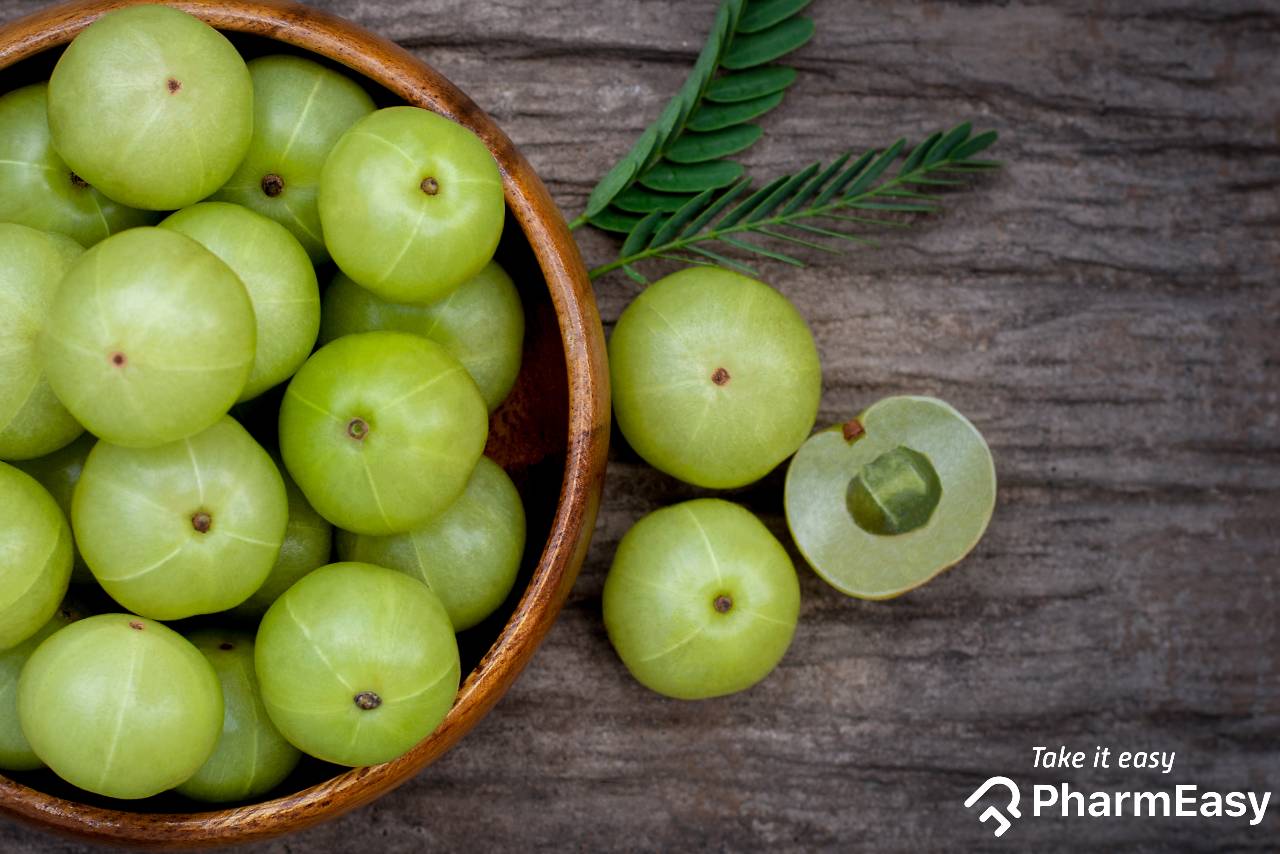

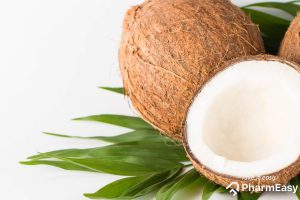
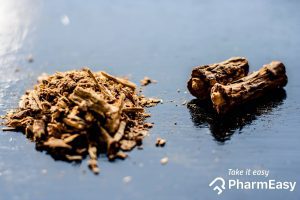
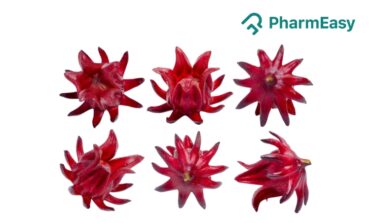
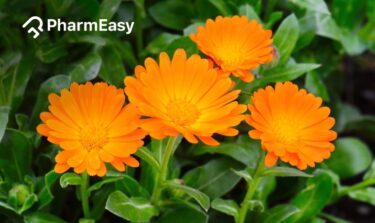
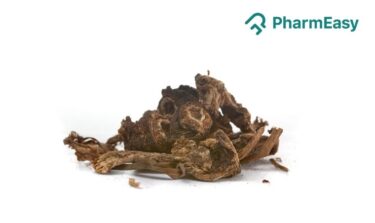
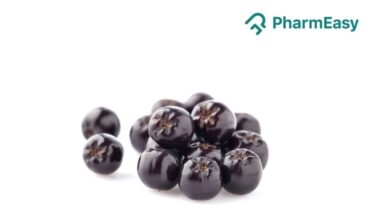

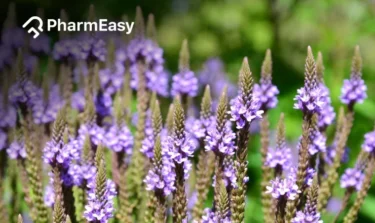

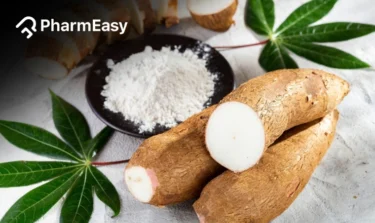
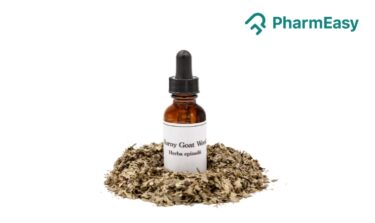
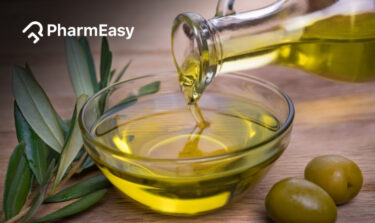








Comments